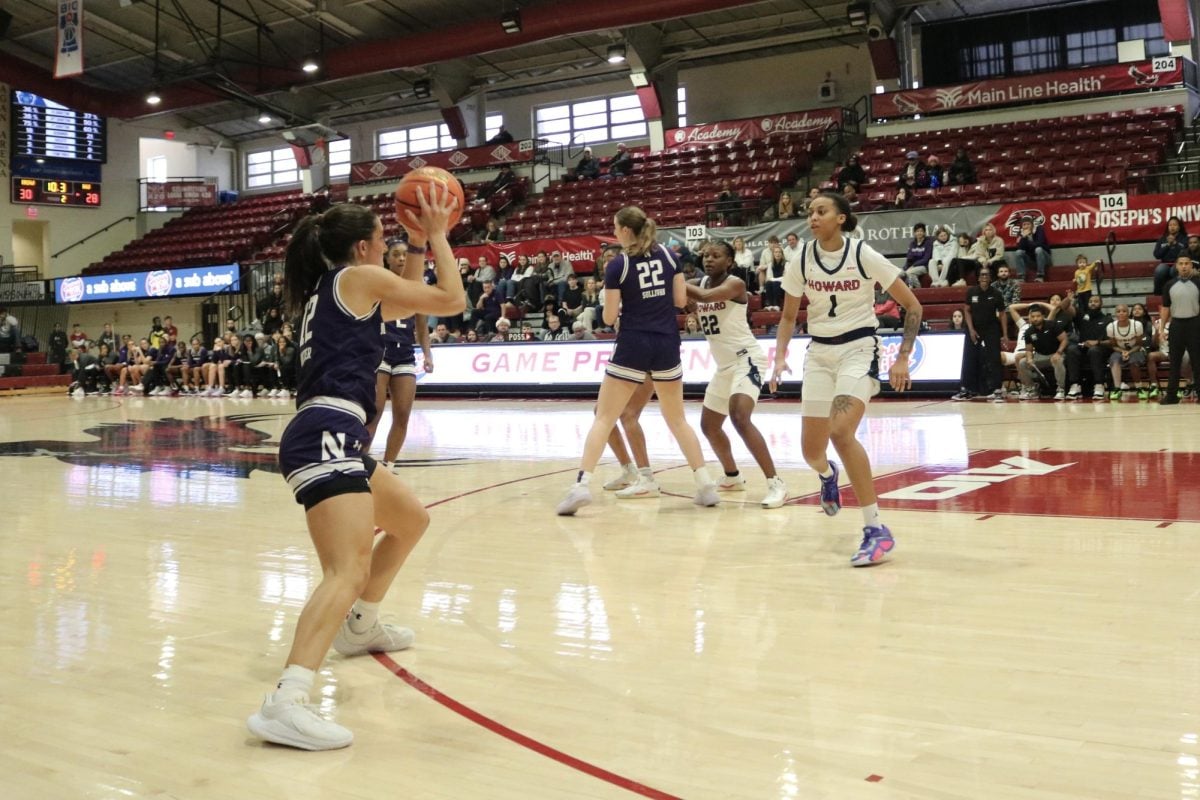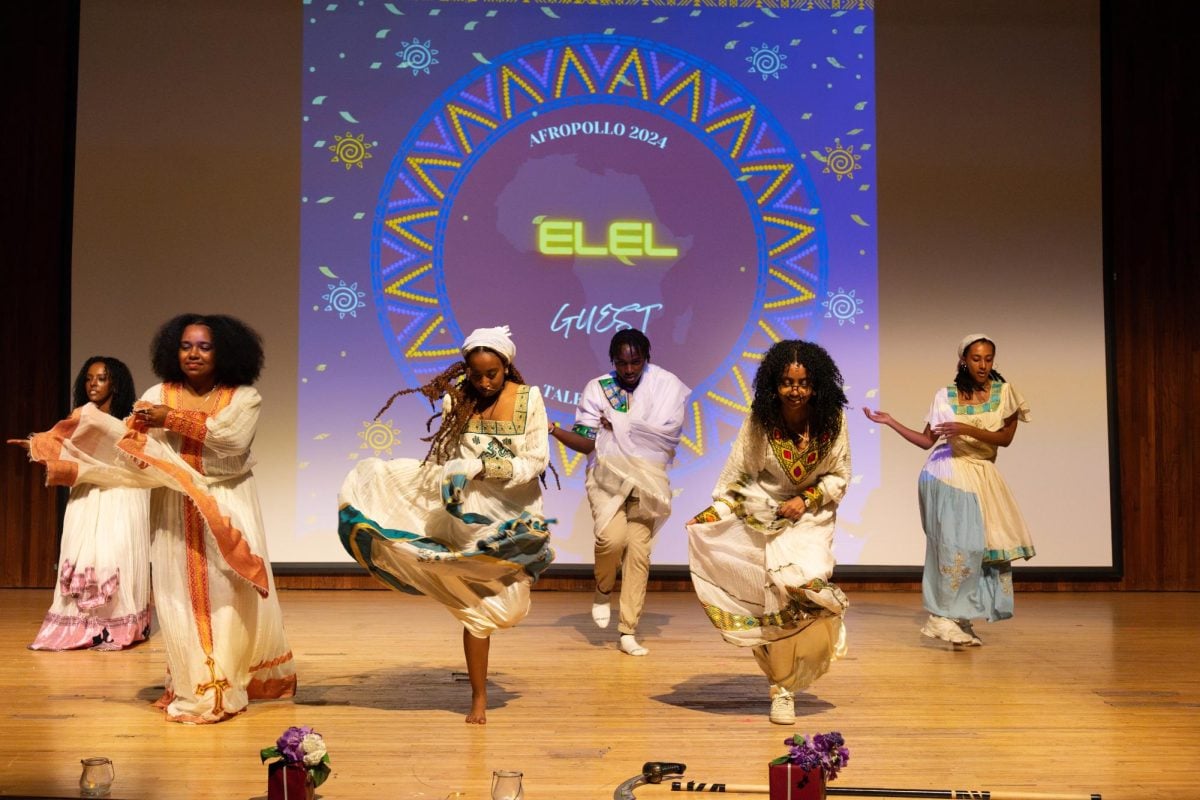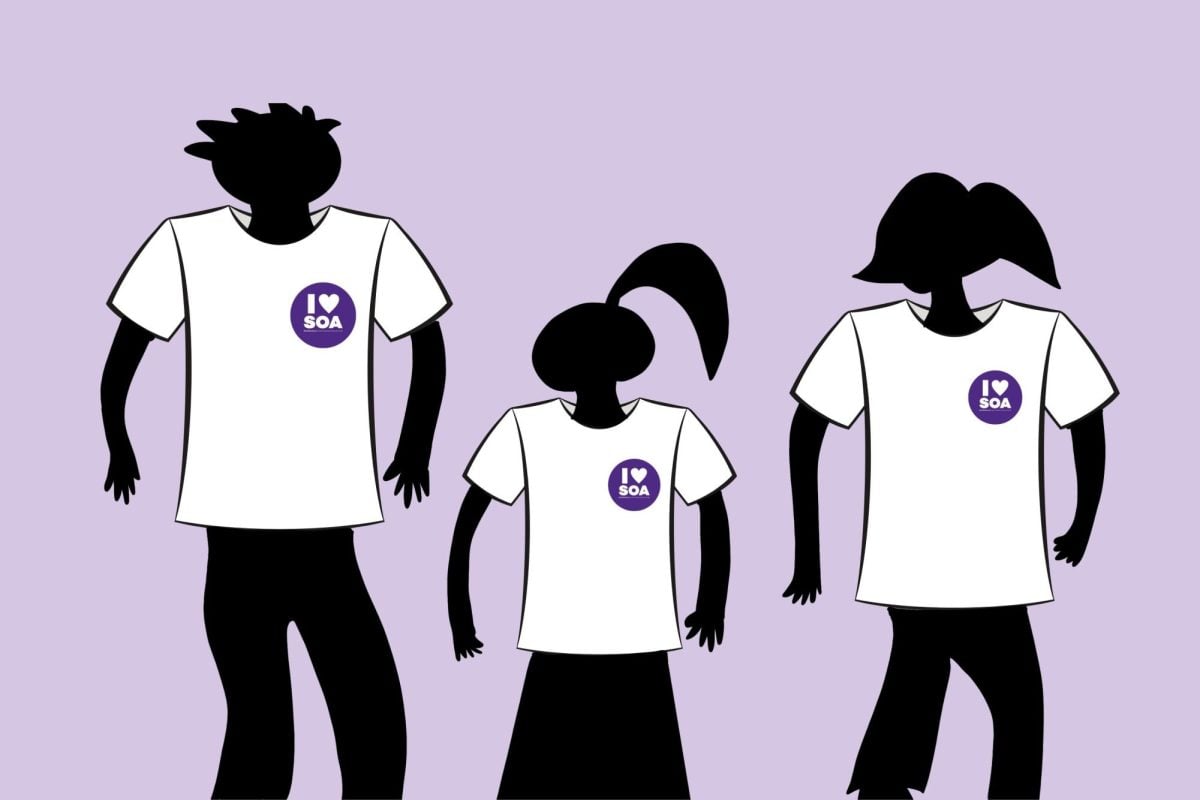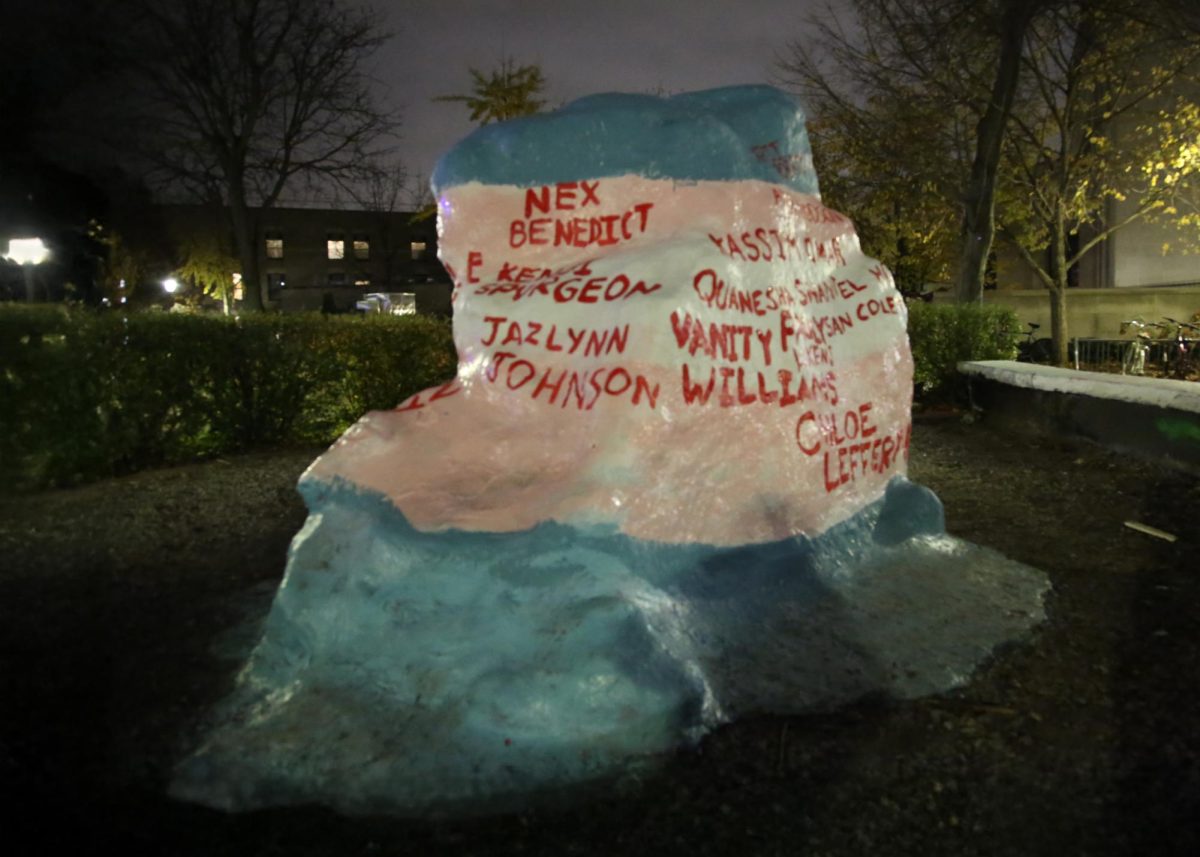Northwestern Students for Life, a self-proclaimed “pro-life service group,” has seen an increase in membership in the past year as abortion rights play a growing role in national politics.
“We’ve grown not because of some special formula, but because the group has a mission and a way of working towards that mission that appeals to people,” NSFL outgoing president David Young said.
The group’s attendance at regular meetings has doubled since last year, from fewer than six people to up to 12.
The group has partnered with the Women’s Center of Greater Chicagoland and Heather’s House, working to address the factors that contribute to a woman’s choice to get an abortion.
Tensions surrounding the issue continue to rise after a recent federal ruling that requires the U.S. Food and Drug Administration to make emergency contraception pills available without an age restriction. All “morning-after” pills can now be purchased over the counter without a prescription by all women of reproductive age. Some attribute NSFL’s growth to continued conversations about women’s rights and find it surprising on a campus often perceived as liberal.
“Pro-life students are undoubtedly a minority at NU, which is likely a reason the group has been growing,” said Justin Moore, now the president of Students for Liberty, NU’s libertarian group, and previously a member of College Republicans. “When you are in a minority, you tend to feel more compelled to be active about an issue … This can create a stronger bond between those students in a minority — in this case pro-life students — and increase activism.”
Young, a Bienen senior, said NSFL started on campus four years ago and was founded by current vice president and Weinberg senior Diana Martinez, who noticed the lack of an anti-abortion group at NU. The group’s mission focuses on service, both to the campus and to Chicago.
“Service is a large part of what gets people interested in getting involved,” Young said. “There are already a lot of people on campus who would identify as pro-life, but until there is an opportunity put in front of them to do something about it, it’s just something in the back of their mind.”
NSFL has recognition from Associated Student Government as a service organization, and Young said he feels that it is important that the group’s aim is not primarily a political one.
“What’s more important to me than changing an individual’s mind on the issue is meeting the needs of women and saving lives,” Young said. “We want to be a group that makes this a campus that is open and welcoming to women who would choose life and not force women to feel like they have to choose abortion.”
But even with its service focus, many in the university community continue to oppose the group.
“Even if NSFL does not seek to legislate against abortion access, they are still contributing to the stigmatization of a procedure that is both helpful and necessary to women and families in this country,” said Bonnie Alexander, co-president of Northwestern University College Feminists, in an online message to The Daily. “The best way to prevent abortion is to prevent unwanted pregnancies in the first place, but I haven’t seen NSFL get involved in any activism on that front yet.”
Kathryn Thomas, the president of Northwestern Advocates for Choice and a SESP junior, was unable to comment.
Alexander said she believes College Feminists acts as the “premier pro-choice group on campus.”
“It is incorporated in our group’s mission statement,” she said. “And we do a variety of pro-choice activism events every year, such as participating in the National Abortion Access Bowl-a-Thon annually.”
Students are drawn to NSFL’s meetings in response to the political divide created by the issue of abortion. Moore said as a result, the group has grown in opposition to the political norm.
“The status quo, from a public policy standpoint, is pro-choice,” Moore said. “Pro-life students have something to fight for. They want to see changes being made and are likely to be more active and vocal about making these changes. I think if the current laws in the U.S. did not align with students who were pro-choice, then you would see a Northwestern pro-choice group gaining support.”


















